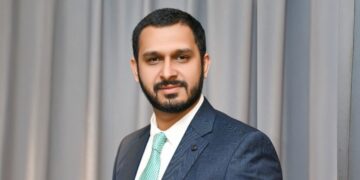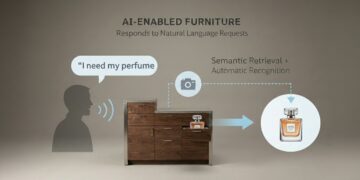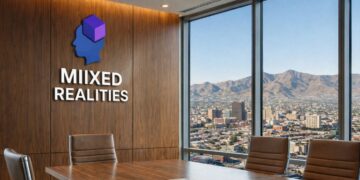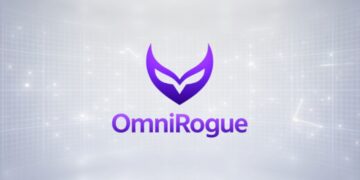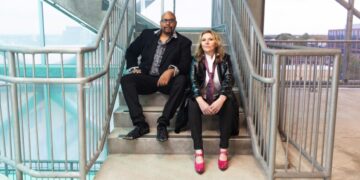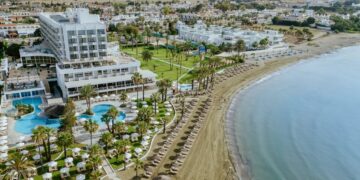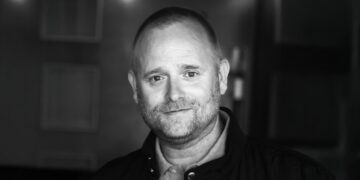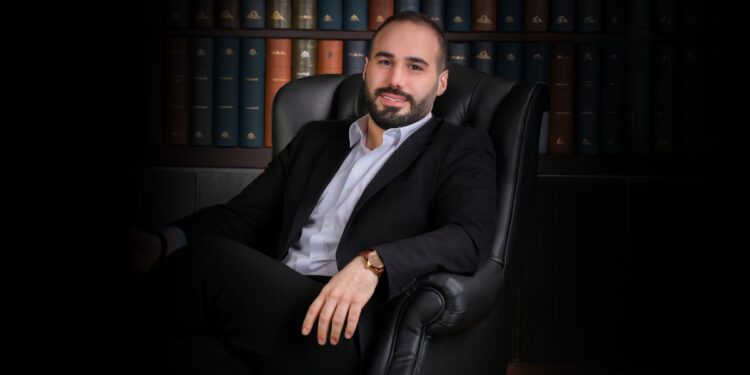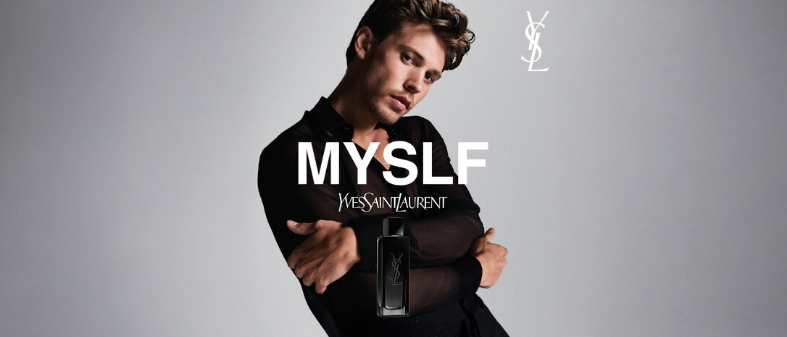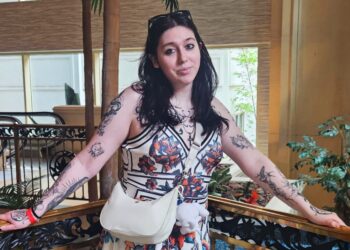Suhaib Ahmad has spent decades watching the Middle East transform, and he’s convinced the region is on the brink of massive change—one driven by education and peace rather than conflict.
“The transformations are already happening across the region,” Ahmad tells colleagues, pointing to tech startups in Amman, research centers in Cairo, and innovation hubs sprouting across the Gulf states. For the surgeon-turned-philanthropist, these aren’t isolated developments but part of a larger shift he’s been highlighting for years.
Ahmad splits his time between two distinct worlds. In one, he’s performing surgery, focused on the immediate task of saving lives. In the other, he’s working to create educational opportunities for young people who’ve grown up in conflict zones and disadvantaged communities. It’s through this dual lens that he’s witnessed what he calls the region’s quiet revolution.
Over the years, Ahmad has helped hundreds of students from war-affected regions pursue university degrees. These aren’t abstract numbers to him—they represent the next generation of Middle Eastern leaders who he believes will complete the region’s transformation. His approach goes beyond simply funding scholarships. He works to connect students with mentors, resources, and networks that can support them through their academic journey and beyond.
“You can treat physical wounds in an operating room,” he often tells colleagues, “but education heals societies.” This philosophy shapes both his philanthropic work and his broader vision for regional change. He sees his former students—now working as engineers, teachers, doctors, and entrepreneurs—as proof that peace and education are already reshaping their communities.
Beyond his medical and educational work, Ahmad advocates for interfaith dialogue and religious harmony, viewing these as essential pillars of the region’s transformation. He argues that technological progress and educational advancement need to be grounded in mutual respect and understanding between different communities. It’s a message that resonates particularly strongly given the region’s history.
Ahmad holds strong views about the Middle East’s potential. With its young population—over 60% under age 30 in many countries—he sees the region poised for a transformation that’s fundamentally different from past upheavals. This time, he argues, it’s being driven by education and peaceful progress rather than political revolution.
His efforts haven’t gone unnoticed. He was presented by an award by Queen Rania Al Abdullah at such a young age and his contributions to education and community development have been recognised by many. But the recognition matters less to Ahmad than what it represents—growing acknowledgment that education and peace are becoming the region’s new driving forces.
The practical impact of Ahmad’s work shows in specific outcomes. Former students now run businesses that employ dozens of people. Others have returned to their communities as doctors and teachers. Some have launched their own initiatives to support education in underserved areas. Each success story, Ahmad believes, is evidence of the broader transformation underway.
Ahmad wants to see Middle Eastern voices and perspectives integrated into global conversations about education, technology, and development. He believes the region’s ongoing transformation offers valuable lessons for addressing challenges elsewhere.
His message is clear: the Middle East’s future isn’t coming—it’s happening now, driven by a generation committed to education and peace.
For those interested in following his work, Ahmad maintains an active presence on LinkedIn.

